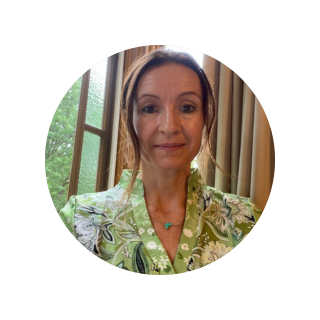The majority of couples that I see in therapy, usually present with the opening statement “how we’re communicating is not working” or “we can’t communicate”. Learning to communicate effectively is not something individuals are born with. It is something that develops and fine tunes itself over time. Sometimes this ‘fine tuning’ is highly effective, but other times, it can be unhelpful and even counter-productive, such as when you have been exposed to poor role models, trauma, a history of broken relationships or friendships.
One of the highly beneficial tools of communication is the act of developing a disposition of curiosity.
Why is curiosity so important and effective? Being curious shows interest. Being curious denotes a naturally gentler way to engage. Being curious gives messages of ‘what you think matters’ or ‘if it matters to you, it matters to me’ and these are all messages that gravitate towards building intimacy in relationships.
I encourage you to try it with your partner and make an active effort to start asking your partner more questions alongside the typical ‘how was your day?’. Instead, follow up with, “how was your interactions with your boss today?” “How were your energy levels today?” “Is there anything I can do or is there anything that you need to help you feel more energized?” All these questions are framed around gentle support. Feeling supported regulates emotions, reduces blood pressure, calms the fight or flight receptors, and leads to less defensive communication. Defensive communication is a defective communication tool… but that’s a topic for another day

Janine Taylor (Senior Psychologist)
Janine is a highly experienced, warm and engaging psychologist with a passion for people and their ability to create positive changes in their lives through empowerment. Janine enjoys working with adults and couples. Her areas of interest are in trauma work, depression, grief/loss, anxiety management, stress management, difficulties within the work environment or working relationships and areas of conflict within couple relationships.
Janine’s special interests include:
Anger Management; Anxiety, Obsessive-Compulsive Disorder (OCD); Panic Disorder, Phobias, Couples Therapy and areas of conflict within relationship dynamics; Depression; Family Therapy; Grief and Loss; Life Transition and Adjustment Issues; ; Pastoral care; Post-Traumatic Stress Disorder (PTSD); Sexual Abuse; Sleep Disorders; Trauma

